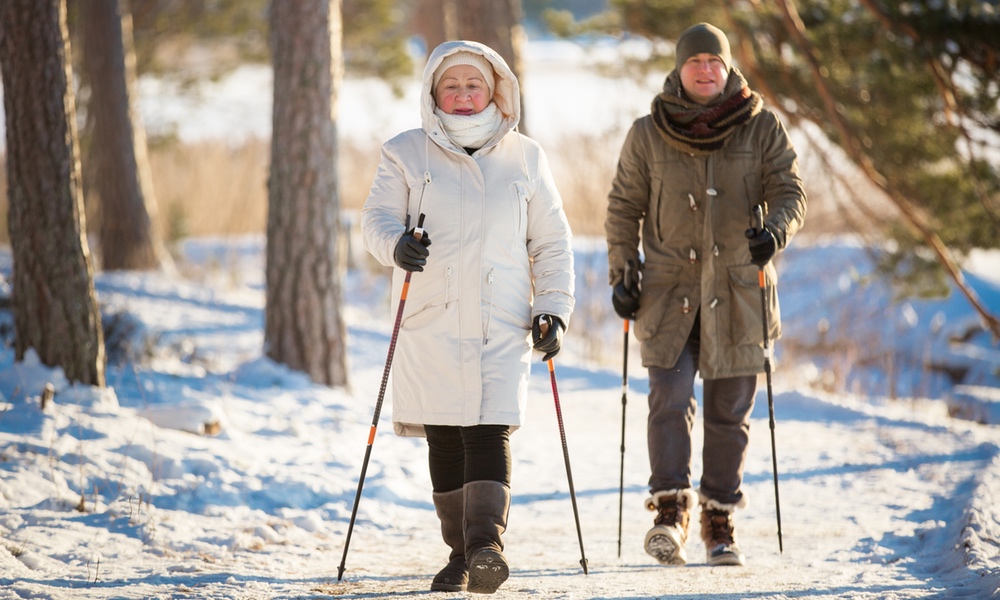Walking is a good way to exercise, but if you pick up the pace, you can really improve your chances of living longer.
Researchers looked at the connection between how fast people walked and deaths from heart disease and cancer. They analyzed death records and then checked the results against those from 11 health surveys conducted in England and Scotland that included information about how fast people walked.
Those who walked at an average pace reduced their risk of early death by 20 percent, compared to walking at a slow pace. Walking at a brisk or fast pace cut the risk by 24 percent. A fast walking pace is generally considered to be three to four miles an hour or a pace that leaves you a little out of breath.Walking faster gets the heart rate up, which is the point of exercising for heart health.
Walking faster can be a way for people to improve their heart health and reduce the risk of dying early, particularly for people who don’t have time to walk for long periods, or who live in areas that are not walking-friendly, Emmanuel Stamatakis, of the University of Sydney, explained. Walking faster gets the heart rate up, which is the point of exercising for heart health.
Walking is the easiest, most affordable and most underrated form of exercise, and nearly everyone can do it, according to the researchers from the Universities of Sydney, Cambridge, Edinburgh, Limerick and Ulster. Walking requires no special skill, no special attire — though good shoes are a good idea — and no membership fee. It may take some effort to pick up the pace, but if you work your way up slowly, that's pretty easy.
The study is published in the British Journal of Sports Medicine.





